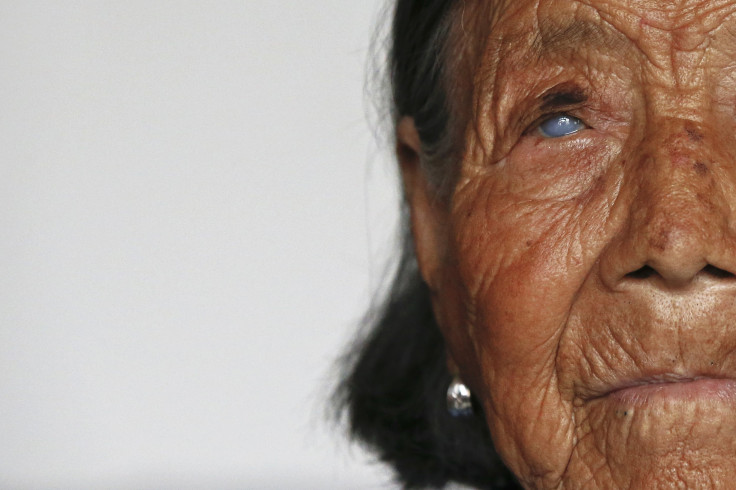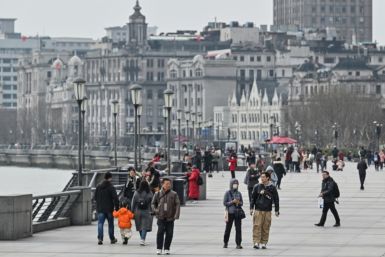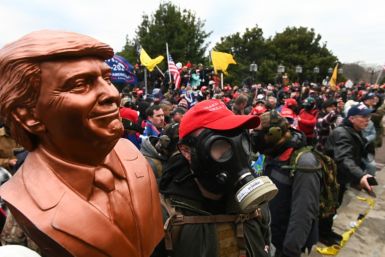Japan says sorry for inflicting ‘immeasurable damage and suffering’ upon innocent people during WWII

Japan has said sorry for the World War II. However, while expressing “deep remorse” for it, Japanese Prime Minister Shinzo Abe said during the 70th anniversary of the end of the war that the future generation should not be obliged to apologise for it.
The Japanese PM said that it was not the first time his country was expressing “heartfelt apology” for its aggression during WWII. Japan has repeatedly said sorry and devoted itself to prosperity and peace since the war ended, Mr Abe said. His comments referred to a historic statement by then-premier Tomiichi Murayama in 1995.
Mr Abe added that China had unbearably suffered due to the actions of the Japanese military. The Japanese PM, on the other hand, asked to spare the next generation of the country from being apologetic about Japan’s actions during WWII, since they had nothing to do with the war.
"We must not let our children, grandchildren and even further generations to come, who have nothing to do with that war, be predestined to apologise," AFP quoted Abe. The prime minister, who came to power in 2012, is criticised at times for playing down the national history of Japan.
China and South Korea, having suffered under Japan’s colonial rule until the defeat in 1945, clarified that they would want the Japanese PM to stick to the 1995 "heartfelt apology" for suffering caused by Tokyo's "colonial rule and aggression," Reuters reported.
Abe added that Japan had inflicted “immeasurable damage and suffering” upon innocent people. He said he found himself speechless and filled with “the utmost grief” whenever he thought about the “obvious fact.”
Critics consider Abe as a revisionist who does not want to talk much about the country’s dark history during the war. Japan’s ally the United States, along with South Korea and China, is going to analyse Abe’s comments closely, which may help ease political tension in the region.
Contact the writer at feedback@ibtimes.com.au, or let us know what you think below.






